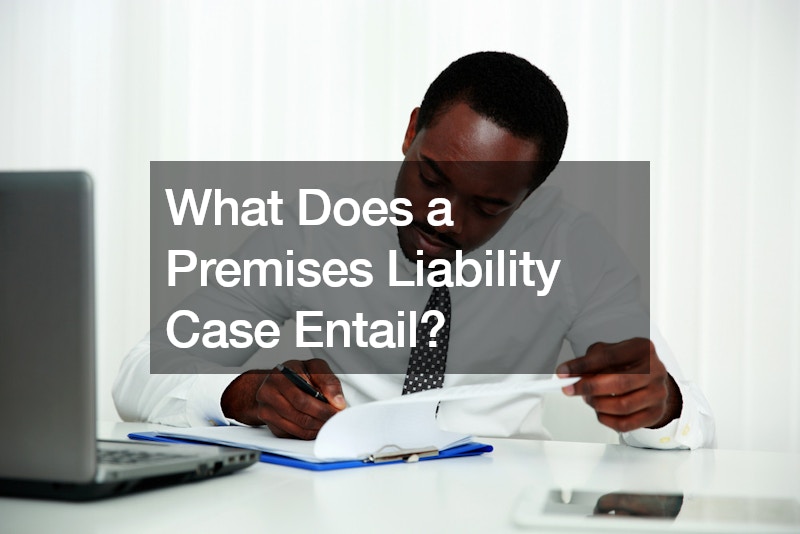
Premises liability refers to the legal responsibility of property owners and occupiers to ensure their property is safe for visitors. This includes residential, commercial, and public properties. Common premises liability cases involve slip and falls, inadequate maintenance, defective conditions, and insufficient security.
Property owners owe a duty of care to ensure their premises are reasonably safe. The level of care depends on the status of the visitor: invitees (customers, guests), licensees (social guests), and trespassers.
Invitees are owed the highest duty of care, whereas the duty to trespassers is minimal but not entirely absent.
To succeed in a premises liability case, you must prove that the property owner was negligent. This involves demonstrating that the owner knew or should have known about the hazardous condition and failed to address it. Additionally, you must show that this negligence directly caused your injury.
Gathering evidence is crucial. This includes photographs of the hazardous condition, medical records, witness statements, and incident reports. A premises liability lawyer can help you compile and preserve this evidence to build a strong case.

Consulting a premises liability lawyer is essential. These professionals specialize in navigating the complexities of premises liability law, from establishing negligence to negotiating with insurance companies.
Successful premises liability claims can result in compensation for medical bills, rehabilitation costs, pain and suffering, and lost income. The amount depends on the severity of the injury and the impact on your life.
